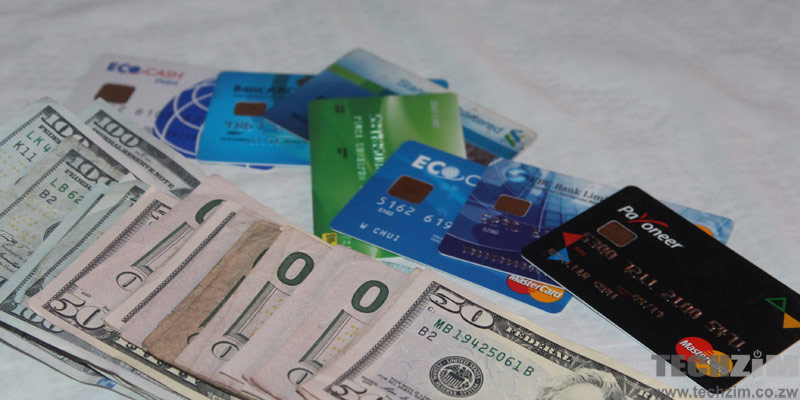Moody’s -a risk assessment firm- recently affirmed Liquid Telecoms B1 Corporate family rating (CFR) to honour it’s obligations on a US$730 million senior secured notes offering. Ok, what does any of that even mean?
Senior secured notes are basically bonds – but they take precedence over other debts in the event that a company declares bankruptcy. The rating for a senior note is based on the creditworthiness of the issuer, including its ability to generate consistent earnings with which to finance debt payments.
What’s actually happening?
Moody’s Corporate Family Ratings (CFR) are opinions of a corporate family’s ability to honour all of its financial obligations. The B1 credit rating placed on Liquid reflects that the US$730 million obligations are “speculative and subject to high credit risk”. Moody’s has also placed a negative outlook on the ratings going forward.
Liquid Telecom’s rating was downgraded from Ba3 to B1 last year. The previous Ba3 rating isn’t significantly different from B1;
- Ba3 – Judged to have speculative elements and a significant credit risk.
- B1 – Judged as being speculative and a high credit risk.
Why was there a downgrade to begin with?
According to Moody’s, Liquid Telecom was exposed to foreign currency risks due to deterioration of the ZW$ (RTGS$ then);
The downgrade of Liquid Telecom’s CFR to B1 reflects the Group’s increased exposure to foreign currency risks as the RTGS$ currency in Zimbabwe is no longer at parity to the US dollar
Moody’s noted that the effects were “a large” currency mismatch between Liquid Telecom’s cash flows and dollar debt obligations. At the time, around 64% of Liquid’s EBIDTA was in local currencies (RTGS, Rands and other African countries).
Another factor informing the downgraded rating was the risk coming from the fact that Liquid had a “sizeable cash balance that is currently trapped in the country”.
Moodly’s expected Liquid to pursue growth opportunities away from Zimbabwe, making the group less reliant on local cash flows.
This year, Moody’s rating is similar despite the negative outlook last year. Moody’s attributes this to a ramp-up in revenues generated in South Africa. The reliance on Zim is waning. EBIDTA contribution from Zimbabwe fell from 32% to 14% and is expected to reduce towards 5% by 2021.
The rating also takes into account the following regarding Liquid Telecom;
- Liquid Telecom’s strong market position as the largest pan-African fibre network covering 13 countries across the central, eastern and southern African regions in addition to South Africa;
- Their valuable high-capacity long-haul fibre network assets spanning over 70,000 km’s;
- The company’s exposure to supportive industry dynamics, given the growing demand for carrier and enterprise broadband services across Africa;
- Prudently managed capital investment roll-out;
- Long-standing contractual relationships with a blue-chip customer base with moderate customer concentration;
- A track record of operating in African markets.
Regardless of all these factors, Moody’s still maintain there is a negative outlook. Why is this the case?
What informs the negative outlook?
Moody’s believes Liquid still has a big problem and that’s surrounding the Zimbabwean market (again);
The negative outlook reflects the uncertainty related to Liquid Telecom’s ability to fully pass on the less favorable foreign exchange rate to customers in Zimbabwe so that profitability does not materially weaken as well as the uncertainty around the ability to repatriate cash out of the country.
Interestingly, Liquid Telecom’s consumer facing entity ZOL, is now pricing internet packages using the official exchange rate. This might be one of the measures they are taking to improve that credit risk and the businesses cash flow position.


What’s your take? Cancel reply